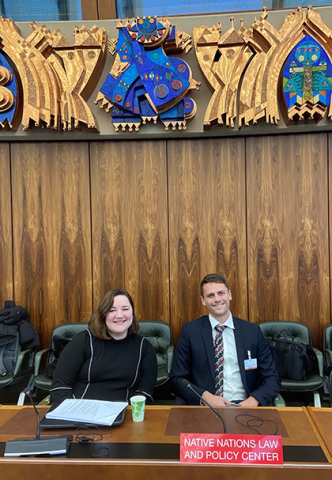
Bolstering UCLA School of Law’s efforts to improve the lives of Native people throughout California and the country, the San Manuel Band of Mission Indians has awarded a $2.2 million grant to further support the ongoing work of the law school’s Tribal Legal Development Clinic.